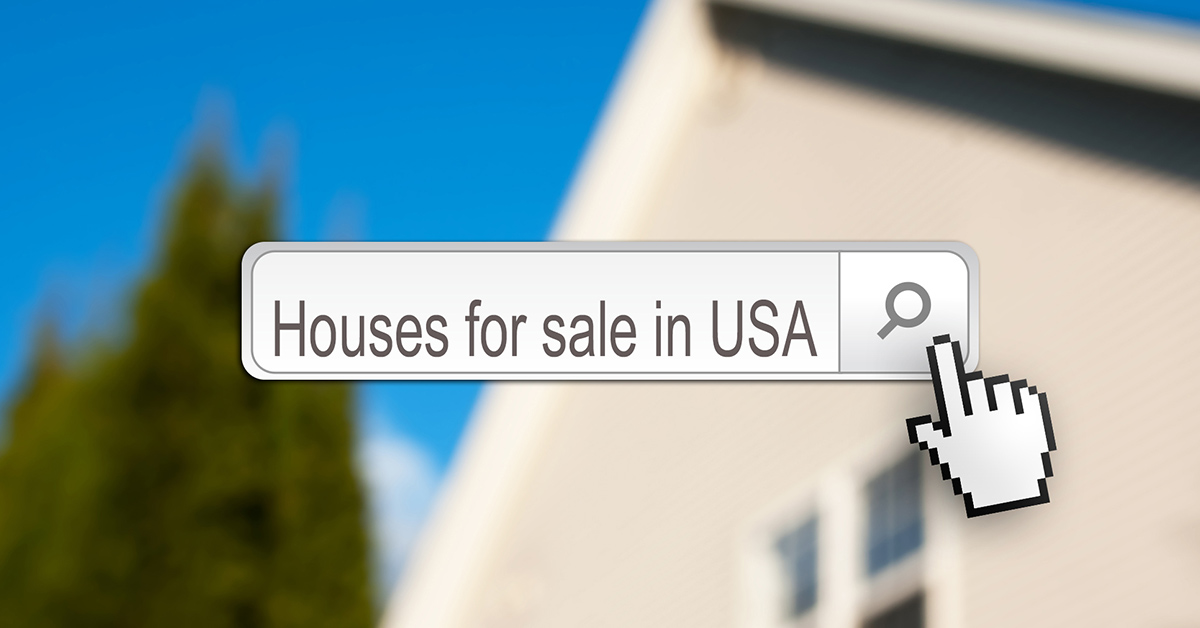During the pandemic-impacted first half of this year, the majority of foreign investors were neither active buyers nor sellers of U.S. commercial real estate.
“Generally, people are just kind of waiting,” says Jim Costello, senior vice president of Real Capital Analytics (RCA), which tracks commercial-property deals valued at $2.5 million or more.
Through the first half of 2020, cross-border investors were at least partial investors in 311 property acquisitions in the U.S., but the bulk of these deals happened in the first quarter prior to the COVID-19 outbreak. Preliminary RCA data suggests that this past second quarter, when the pandemic forced numerous U.S. cities to shut down, saw only $4 billion in foreign-investment volume. The total volume over the first six months of 2020 was $14.9 billion, which was down 32% compared to the first half of 2019, RCA reported this past September.
The pullback by foreign investors has little to do with closed international borders, Costello says. Many institutional investors that shop globally for commercial real estate have acquisition teams based in the U.S. Rather, the falloff is a reflection of the much lower deal volume in the U.S. commercial-property market. This past July, for example, the sales volume was down by nearly 70% year over year, and July was the fourth consecutive month with a drop in volume, RCA reported.
Even before the pandemic hit in March 2020, foreign investors were cooling on the U.S. market. Buyers and sellers have been drifting apart on asset prices for more than a year. The uncertainty caused by COVID-19 has widened the gap for expectations.
“If you want me to jump into the market today and take a risk on a new investment, I’m going to want a significant discount to take that risk,” Costello says. “Owners aren’t willing to sell at a discount because, you know, why should I take a loss if I can hold out? So far, the owners have been able to avoid distress and situations that have forced them to sell.”
If you want me to jump into the market today and take a risk on a new investment, I’m going to want a significant discount to take that risk.
—Jim Costello, Senior vice president, Real Capital Analytics
During the destructive rise of COVID-19, however, the share of commercial-asset sales involving some foreign capital was falling fast. In second-quarter 2020, the foreign-investor share of the total U.S. deal volume was 8%, which was down from an average share of 12% since 2007, RCA reported. The high-water mark for foreign investment was a 22% share in 2015, when China was dominant. The 8% foreign-investment share, however, was still above the nadir of 5% in 2009 during the previous recession.
Costello says that once the health crisis passes, foreign investors should return. Active foreign-investor countries, such as Canada and Germany, also have fewer investment properties within their own borders. So, given its size, the U.S. is usually the world’s first choice when hunting for opportunities.
The pandemic, however, is different from other downturns because it is unclear when the health crisis will end and distressed assets can rebound. As of September 2020, it was difficult to estimate, for example, the values and future incomes of a near empty hotel, office building or mall that has seen its net operating income vanish.
“We are not seeing any norm,” says Fernando de Nuñez y Lugones, executive vice president with One Sotheby’s International Realty in Miami. “The statistics aren’t worth anything. Before, we had trends that were easy to predict and we had enough data to make assumptions. Right now, there are no assumptions.”
This uncertainty has forced conservative pension funds and insurance companies to the sidelines, but it is attracting a new, speculative breed of foreign investor seeking price discounts in the range of 5% to 25%, de Nuñez y Lugones says. In most cases, he says, the property owner isn’t biting.
De Nuñez y Lugones is part of a sales team handling a 51-story office and condominium development near the Miami Worldcenter. He says the property continues to draw interest from buyers. In this instance, however, an investor can purchase a single unit or a more significant amount of space depending on their goals. Many other investment properties don’t offer that kind of flexibility.
“Some of the offers are coming in very low, but the sellers are not accepting it,” de Nuñez y Lugones says. “The people who are in trouble and have massive losses in their businesses, and they need to dispose of an asset, they’re accepting deeper discounts, but it’s so individual right now.”
Suzanne Hollander, an attorney and commercial Realtor based in Miami, says she’s optimistic that, once the crisis passes, the U.S. will again be viewed as the safest harbor for foreign capital given its stability and property-protection laws. The majority of her clients from South America and Central America, however, typically want to fly to Miami and view the properties in person, even with the ability to conduct Zoom meetings and virtual property tours.
“Brazil was one of the biggest buyers in the state of Florida and the border is closed, and the Colombians aren’t allowed to leave their country to the U.S.,” Hollander says. “So, it’s really having a chilling effect on foreign investment.”






